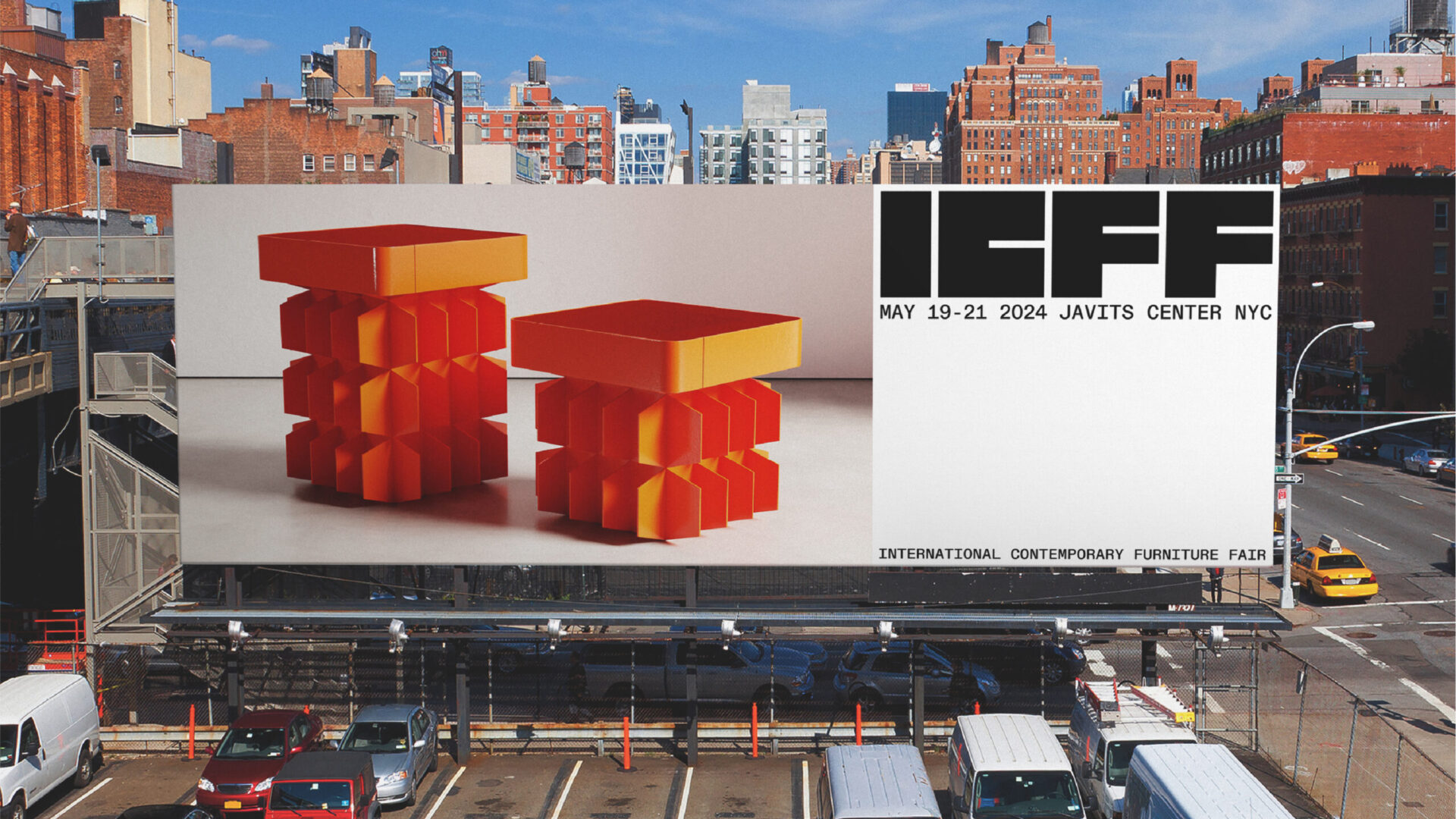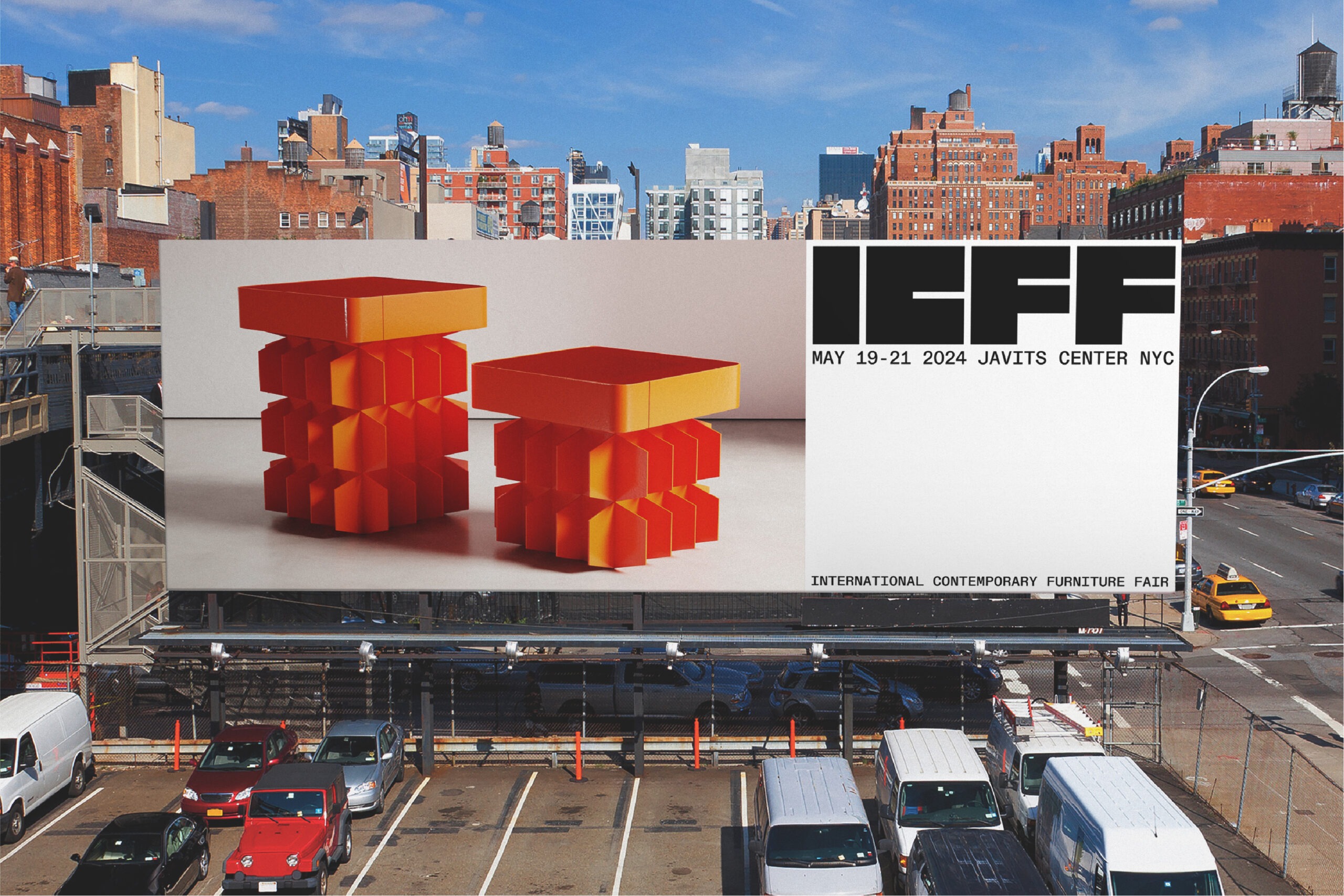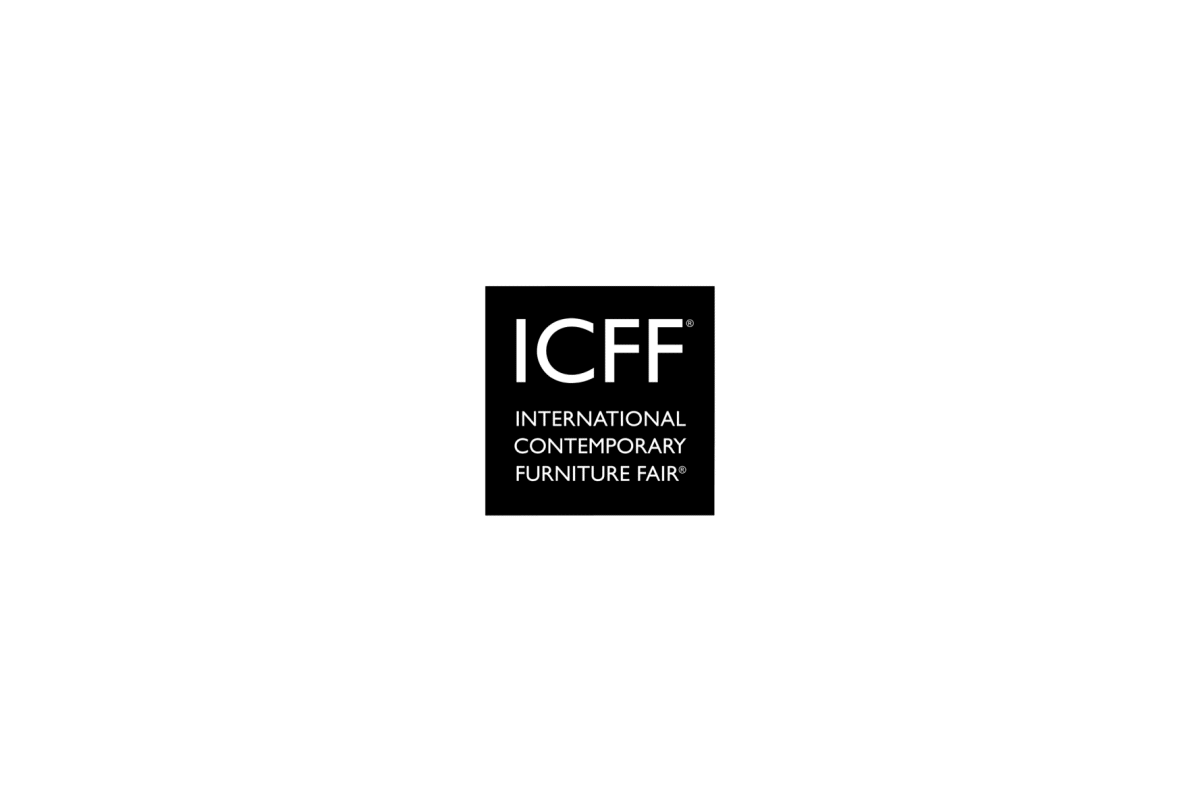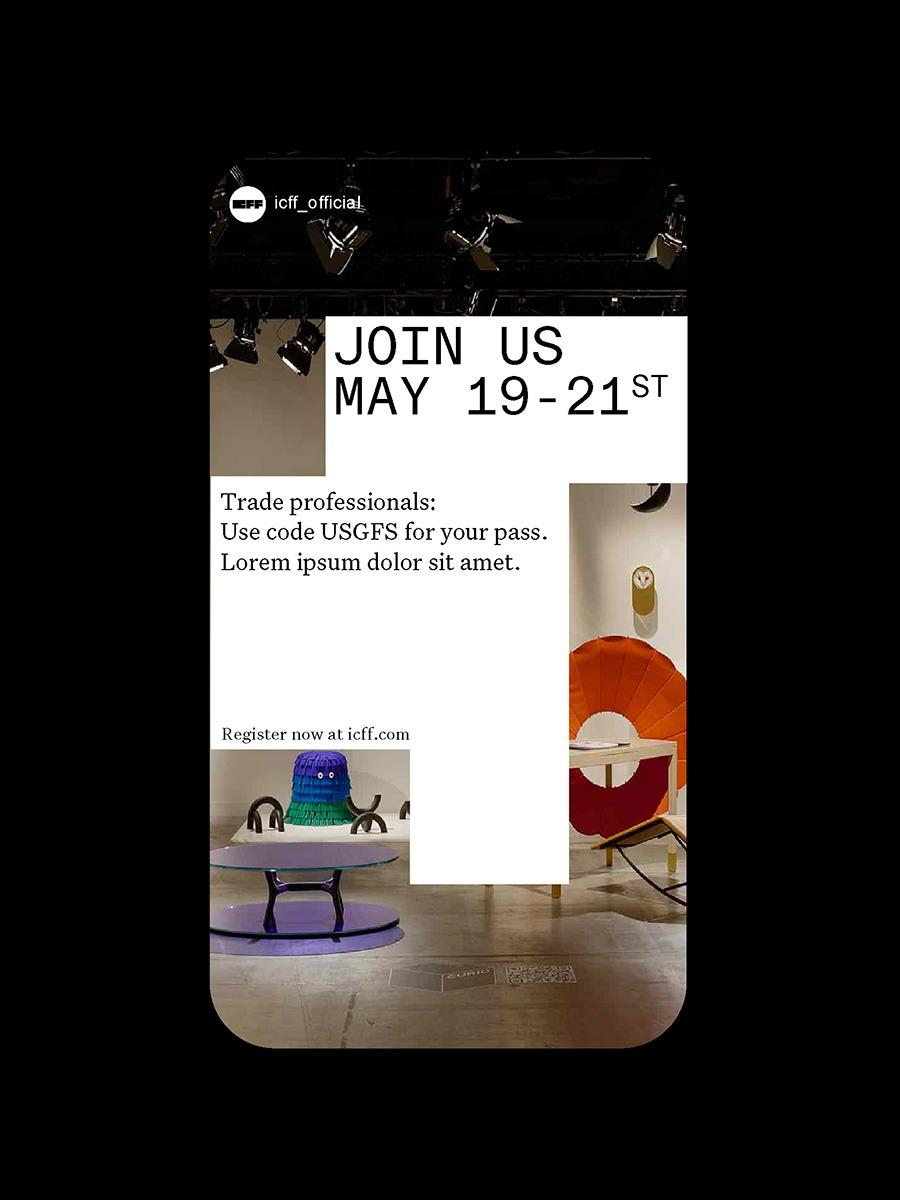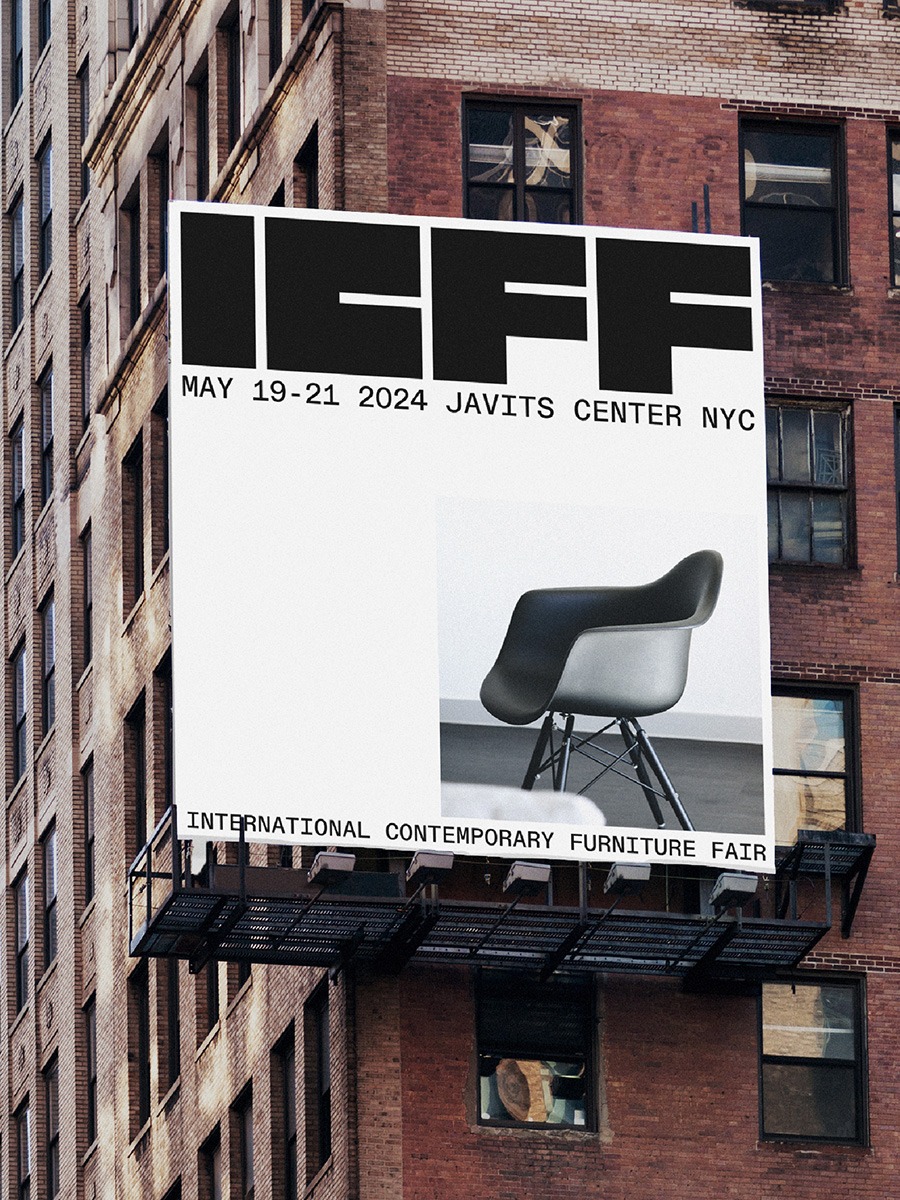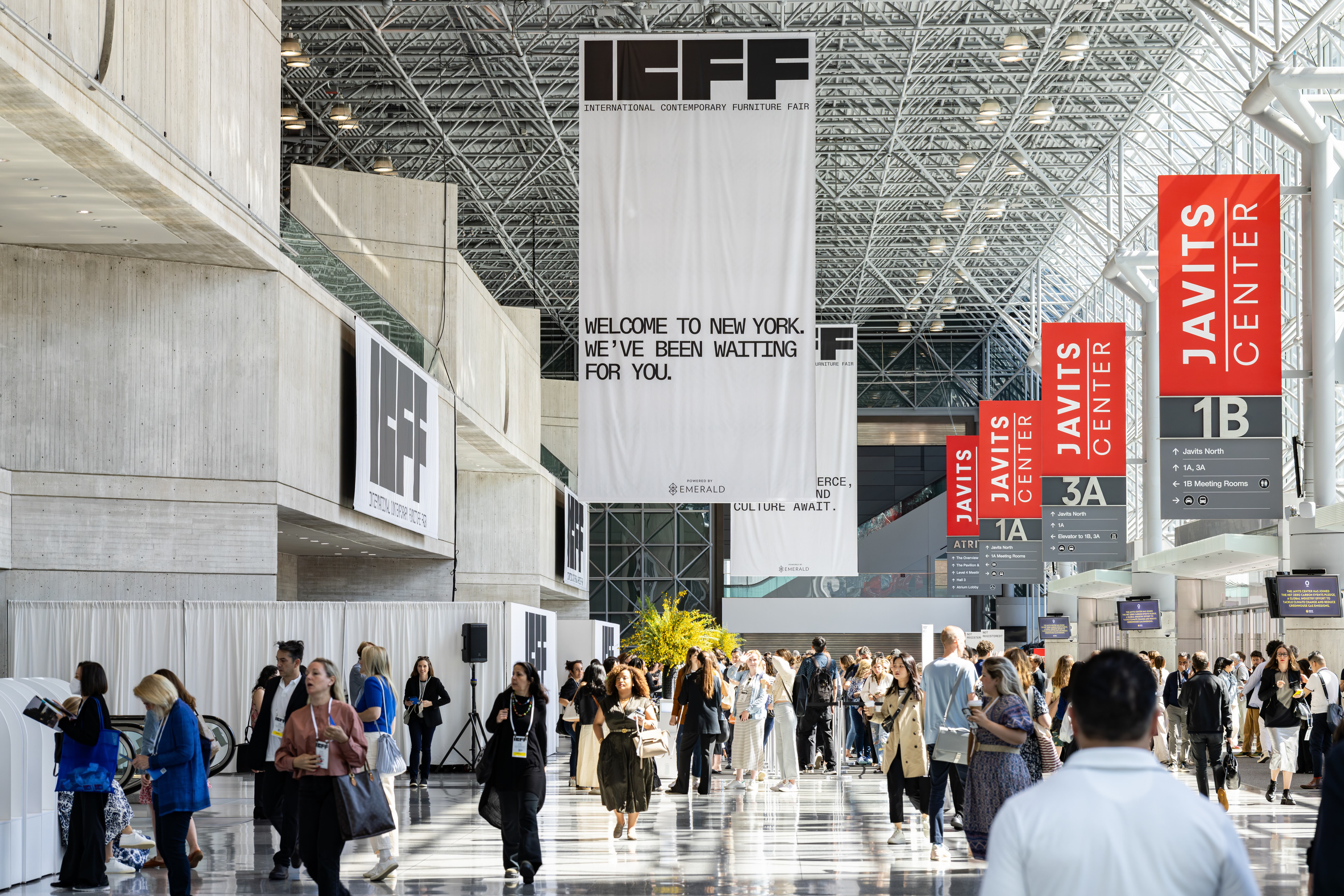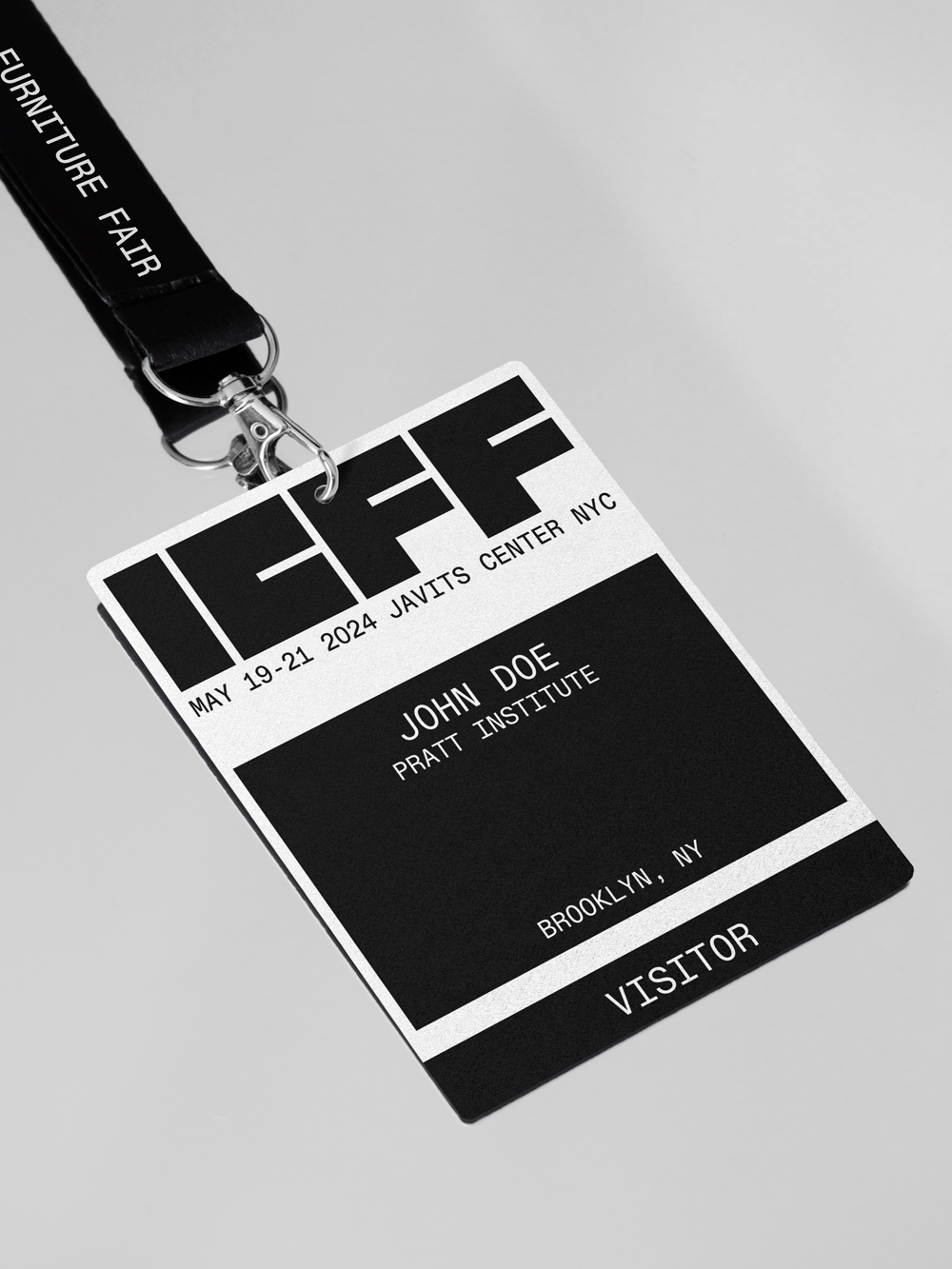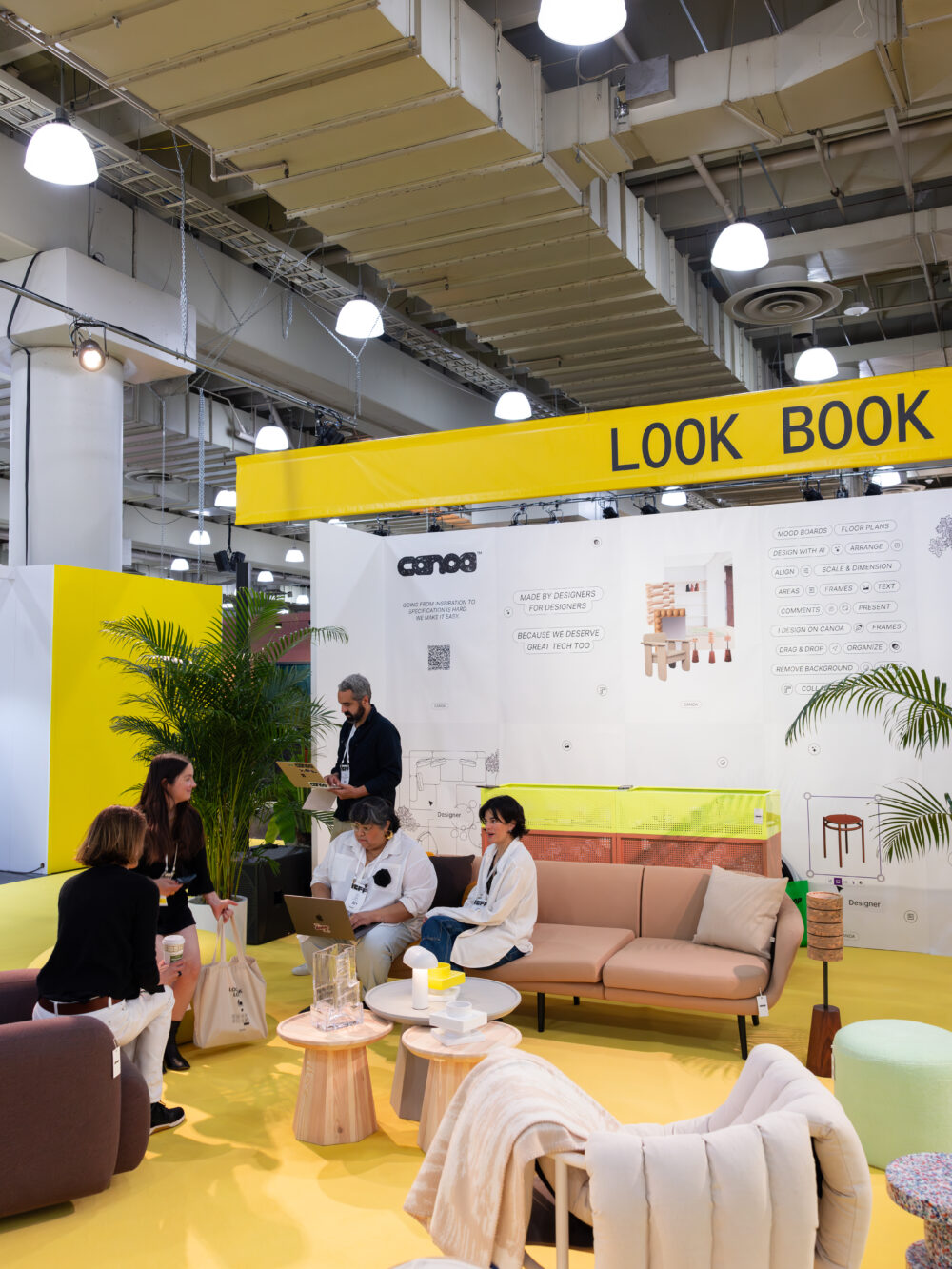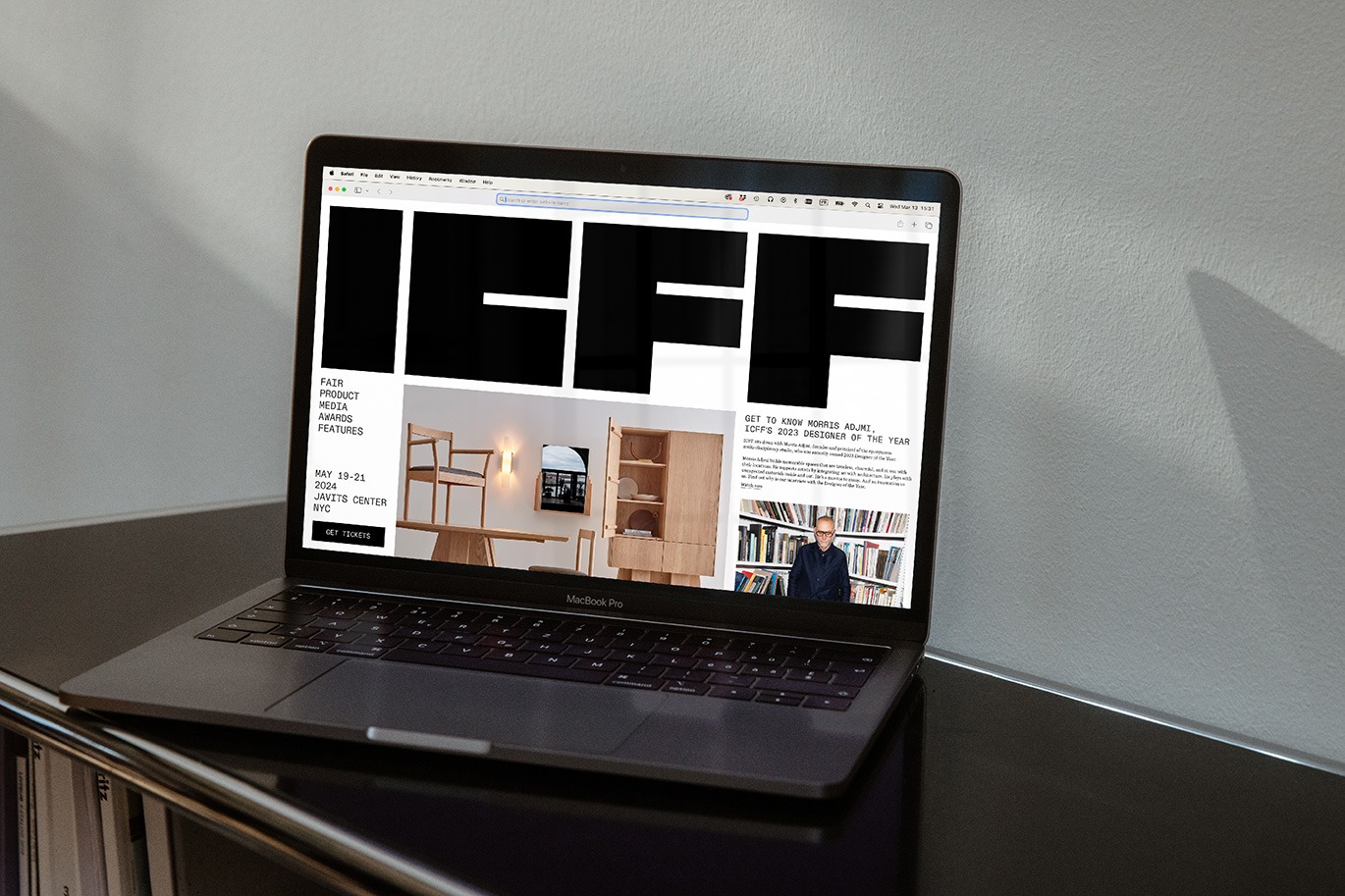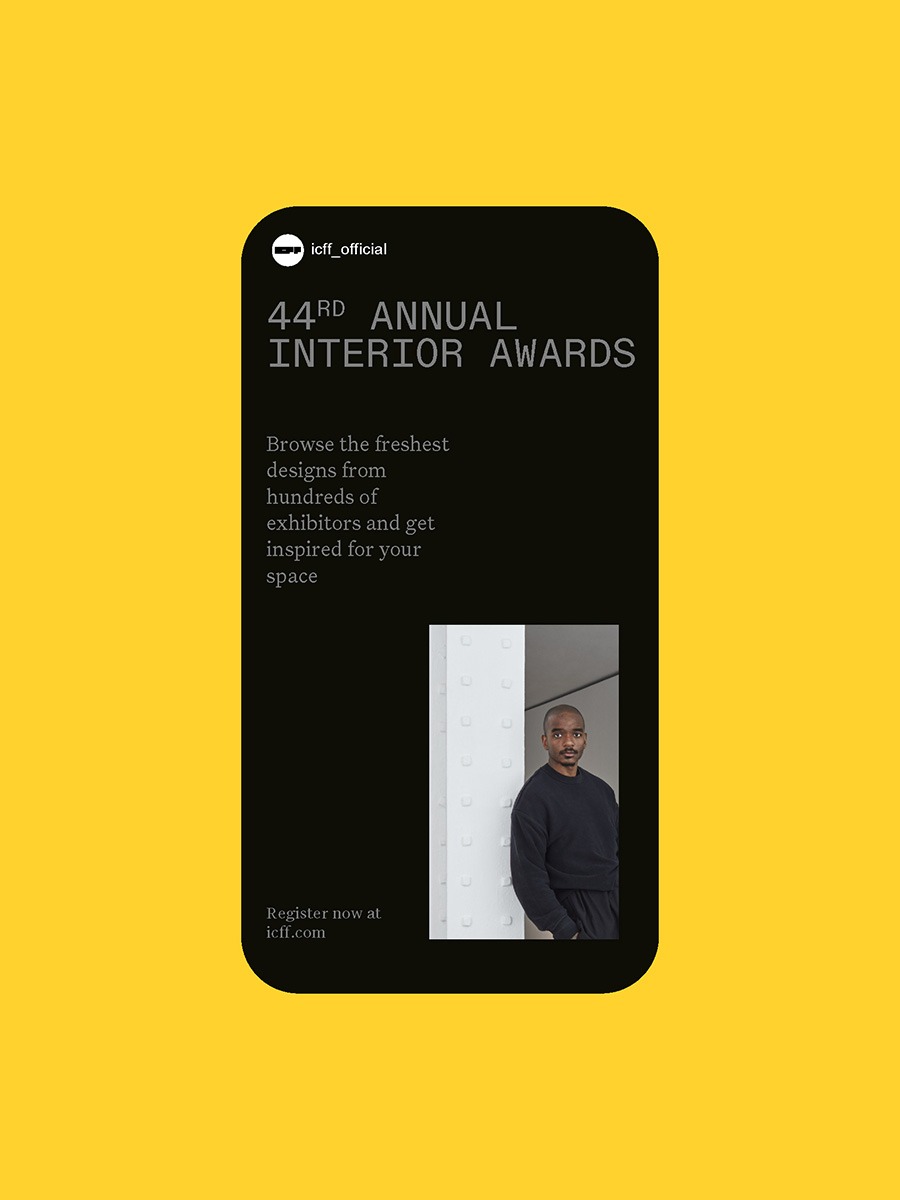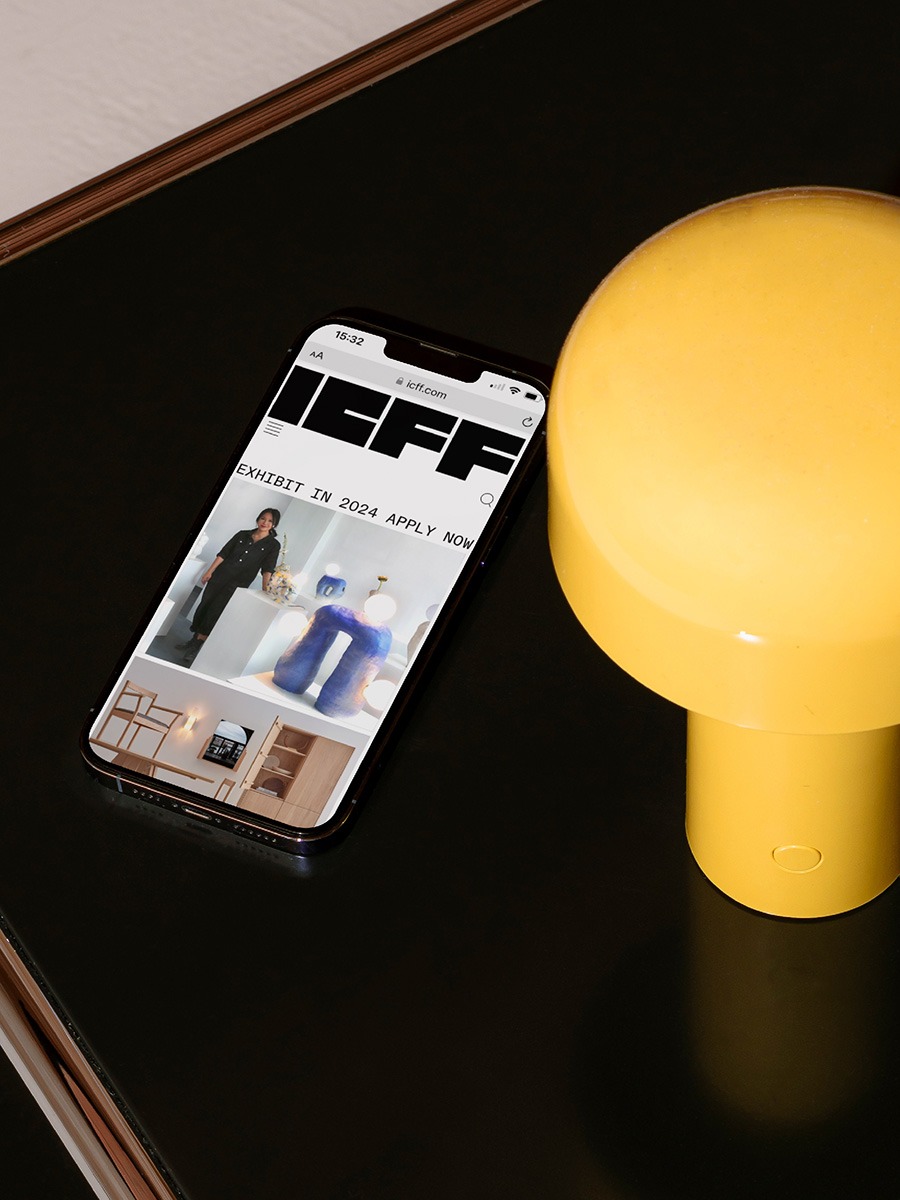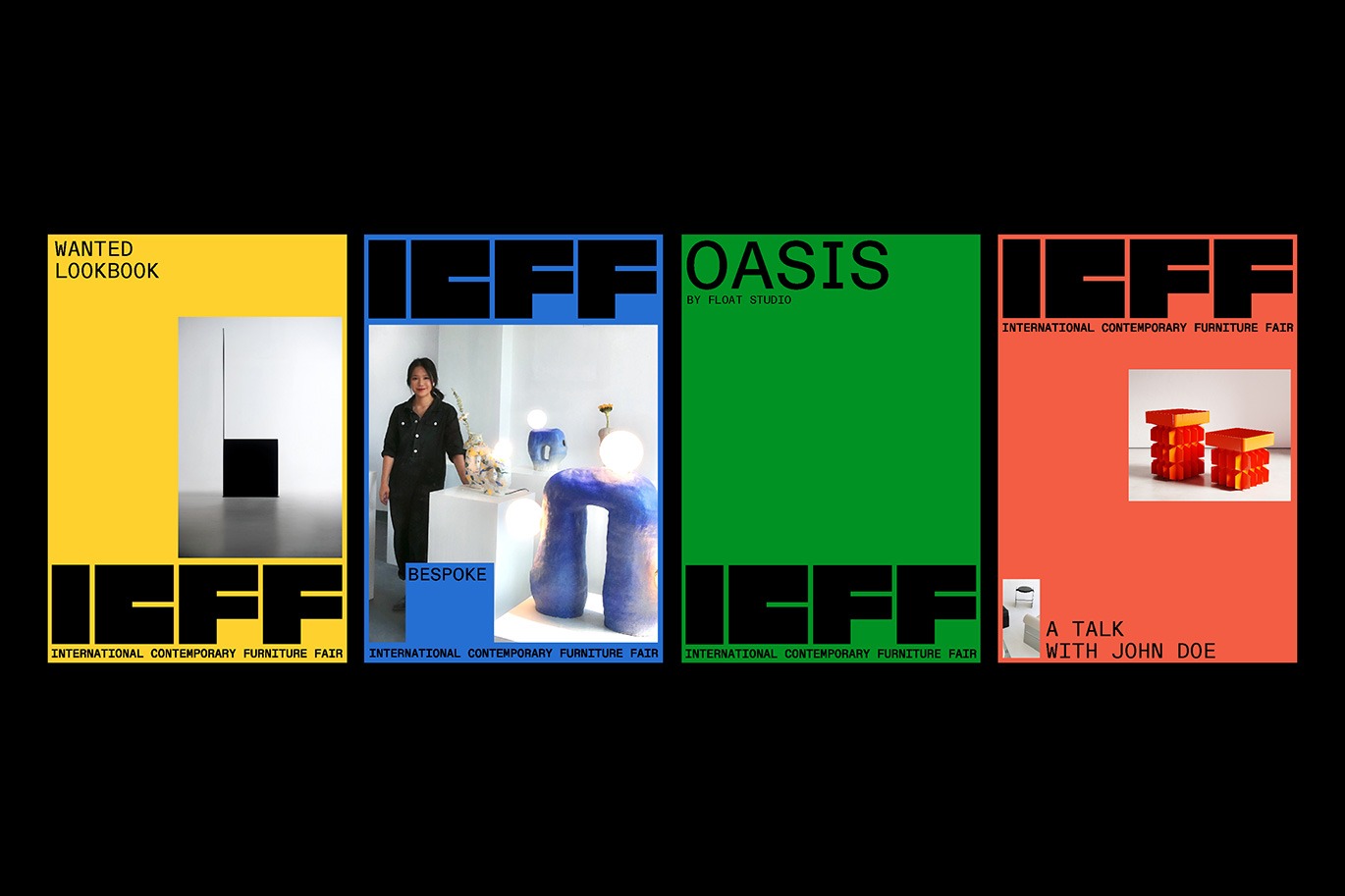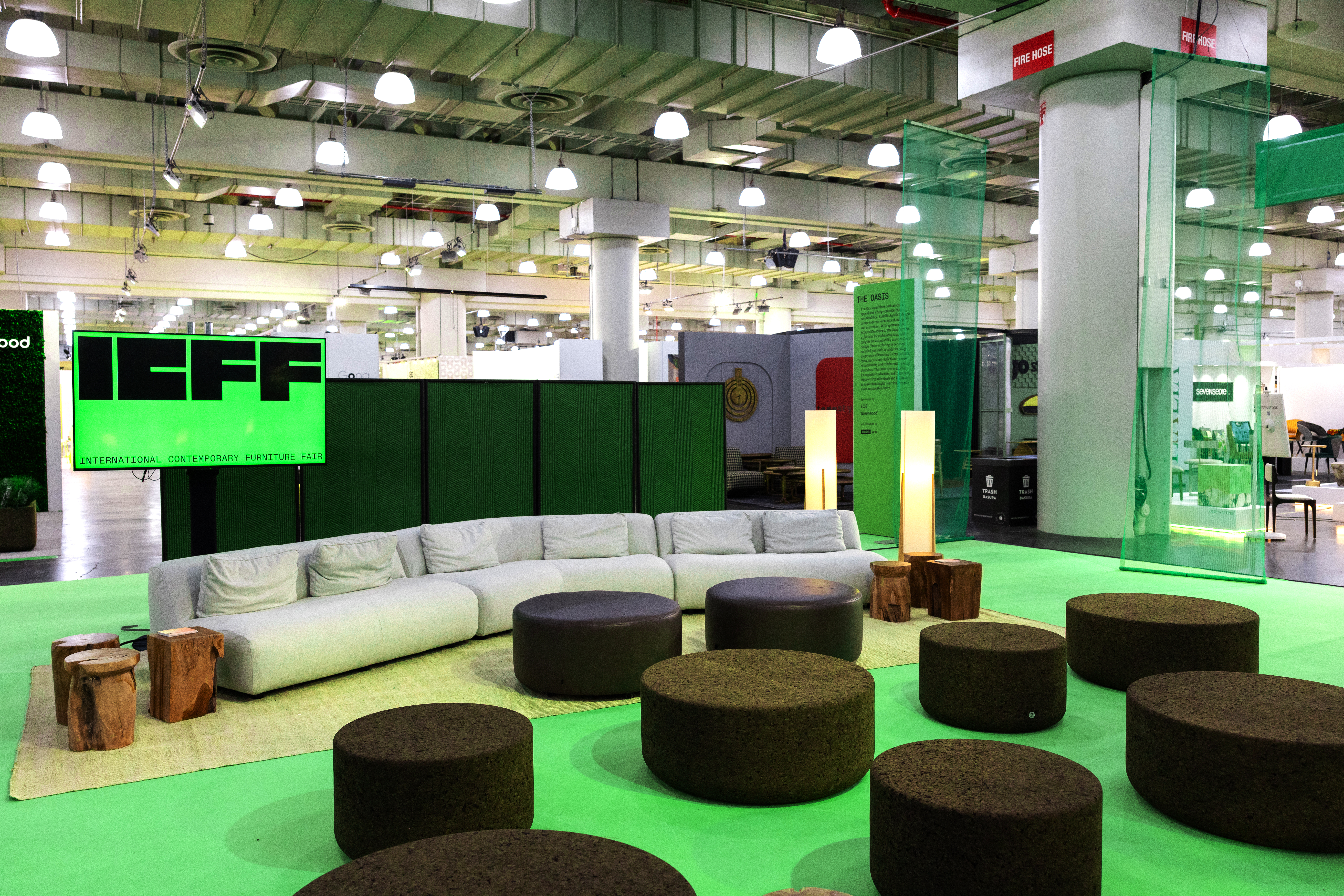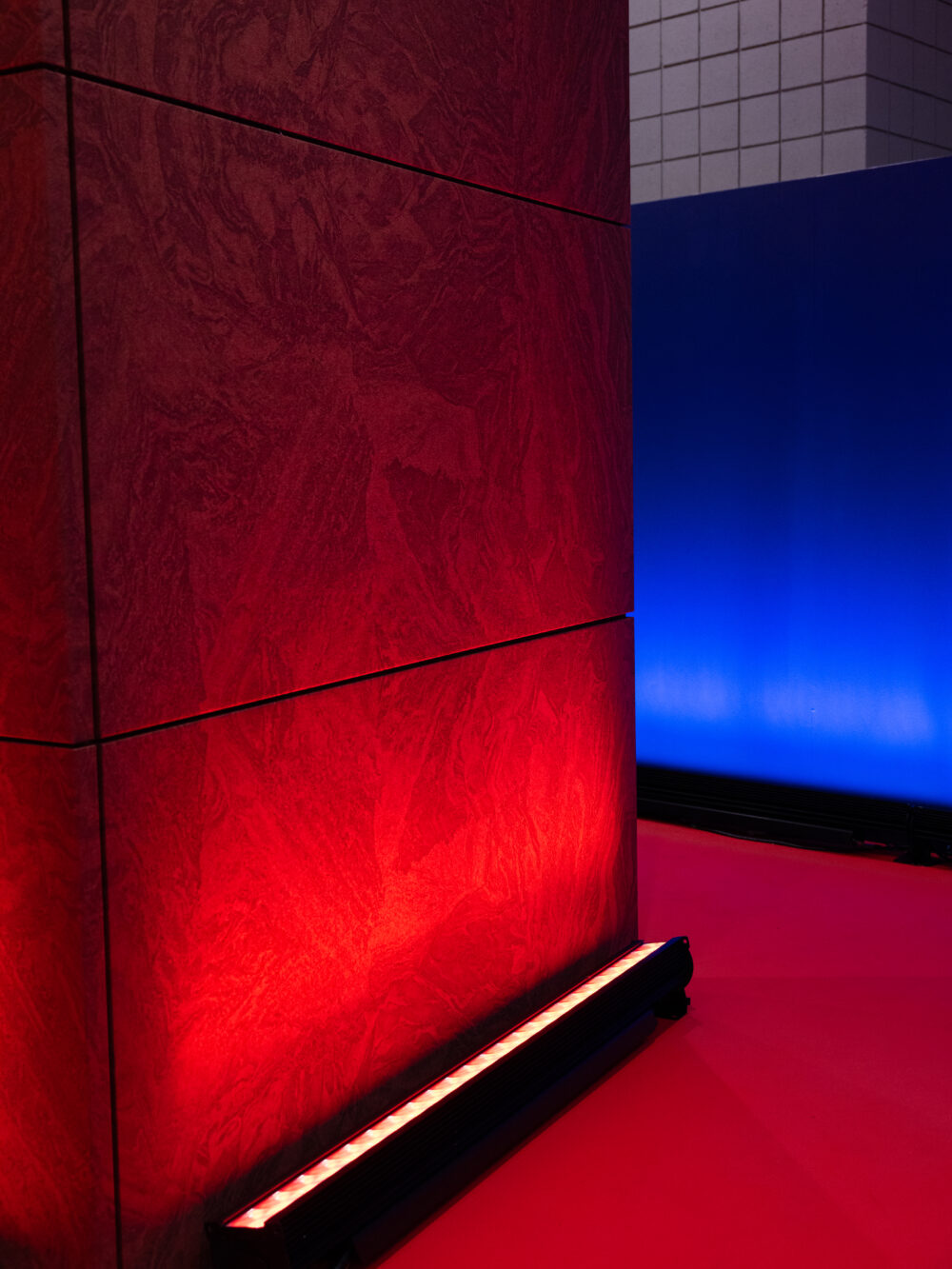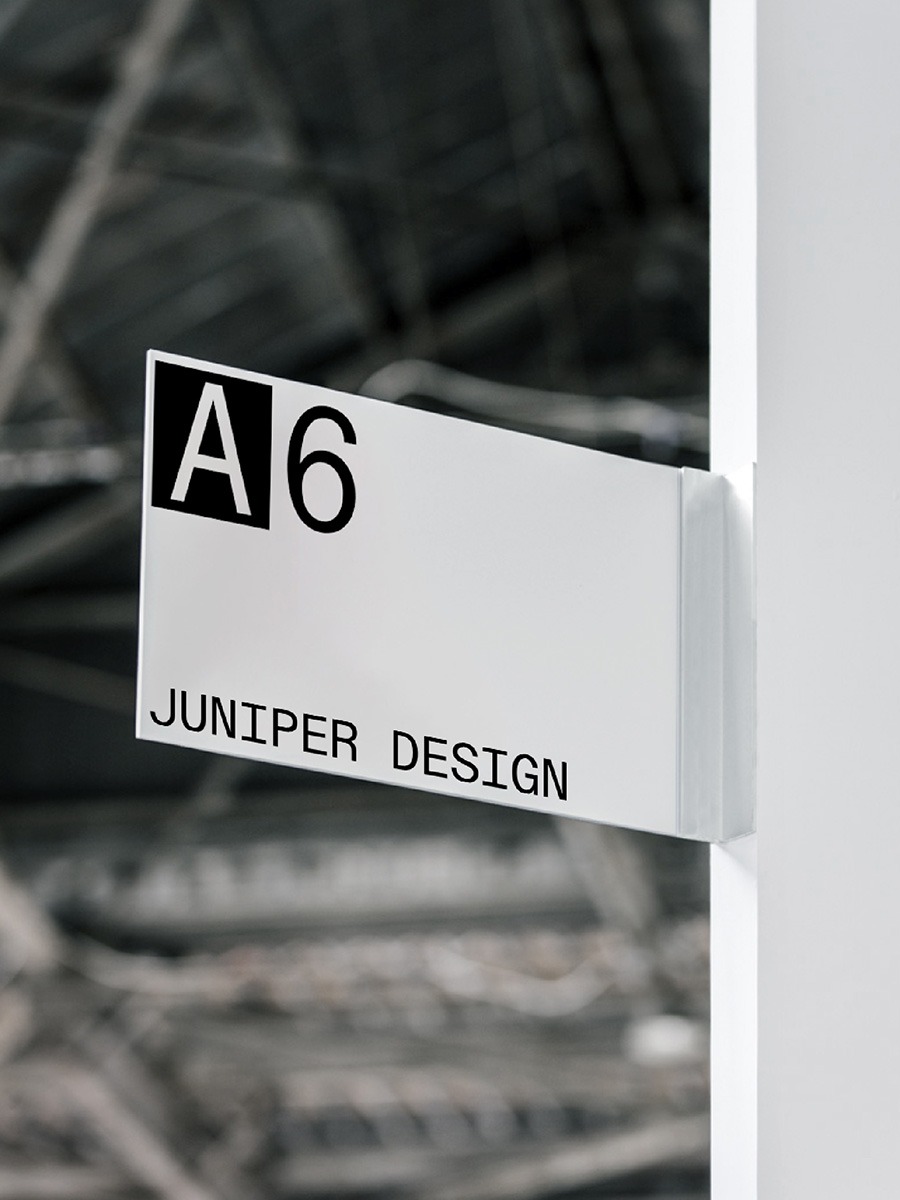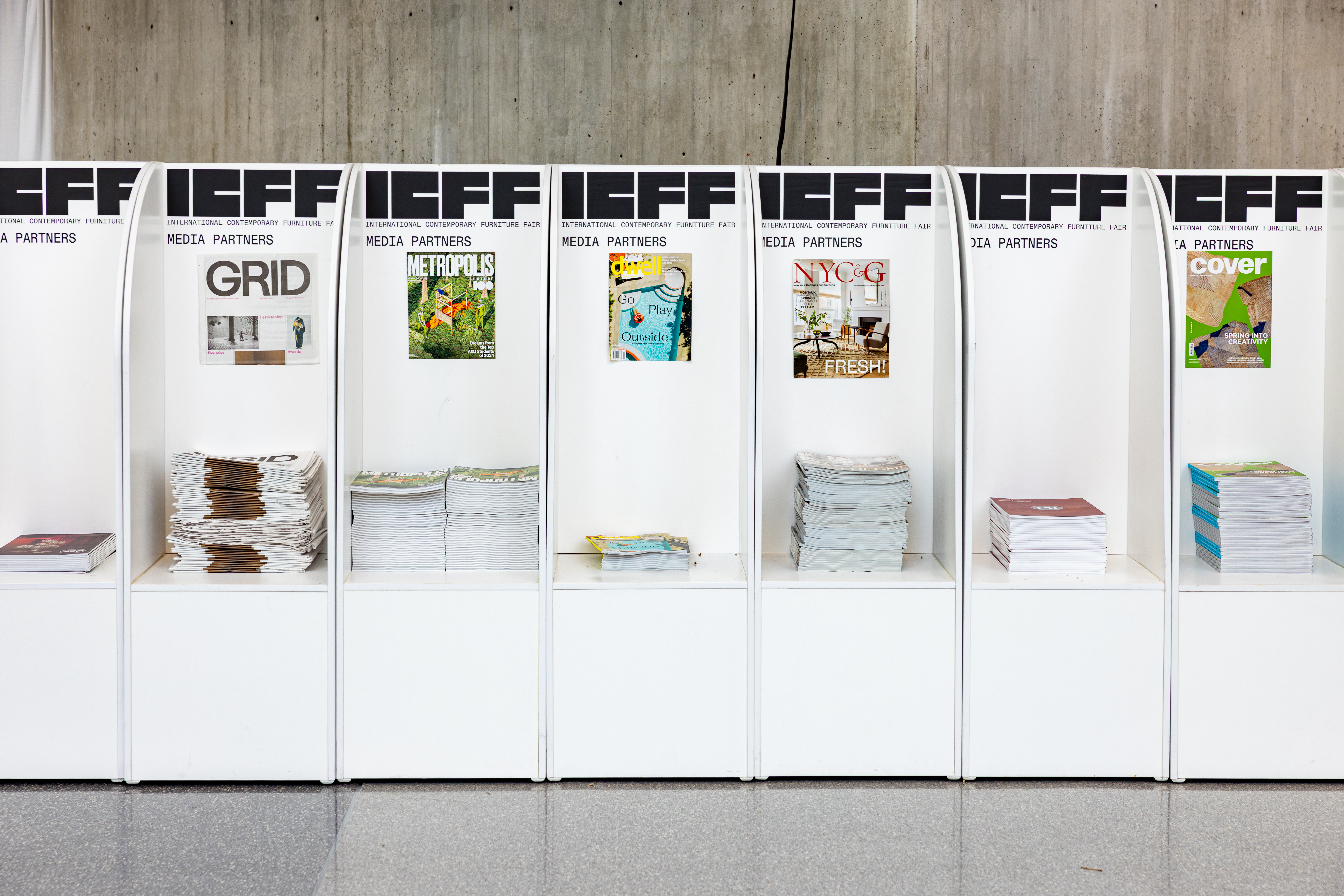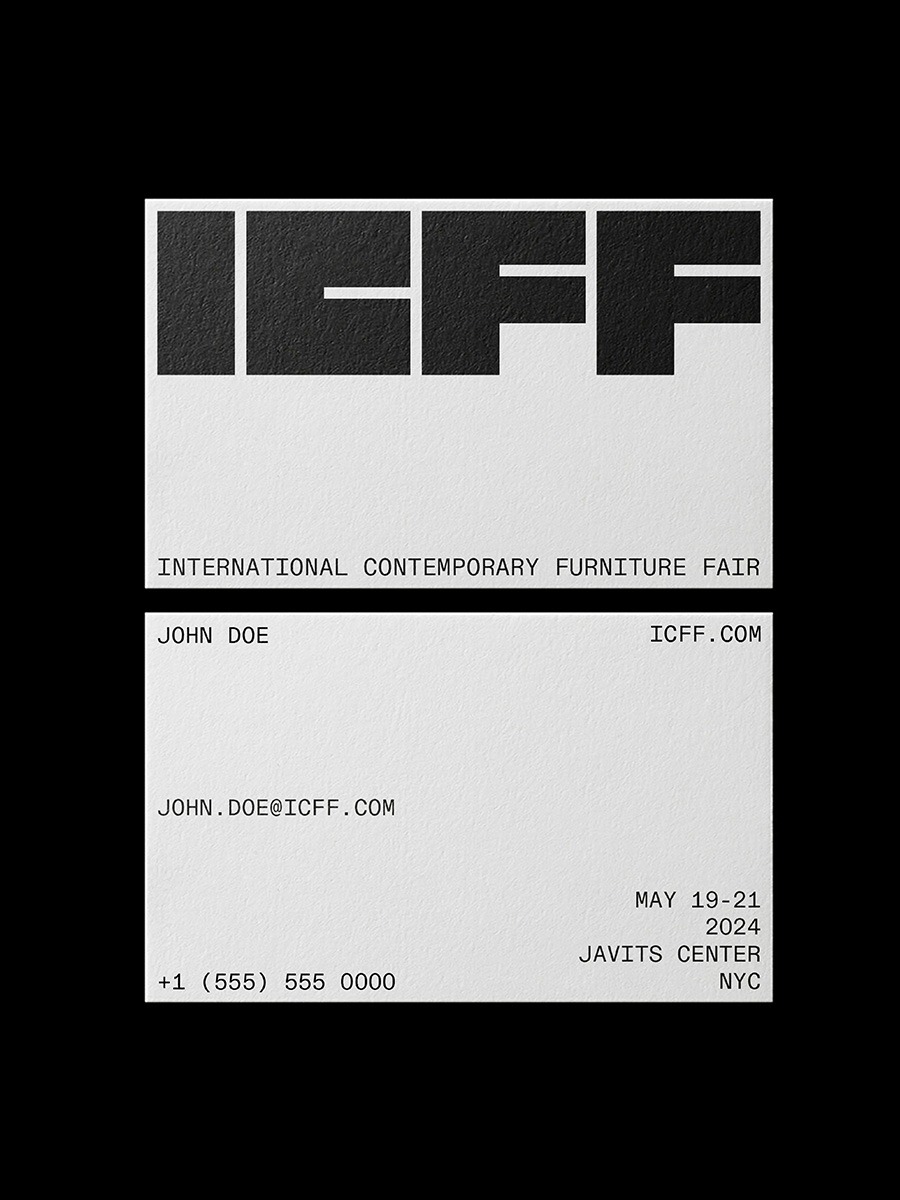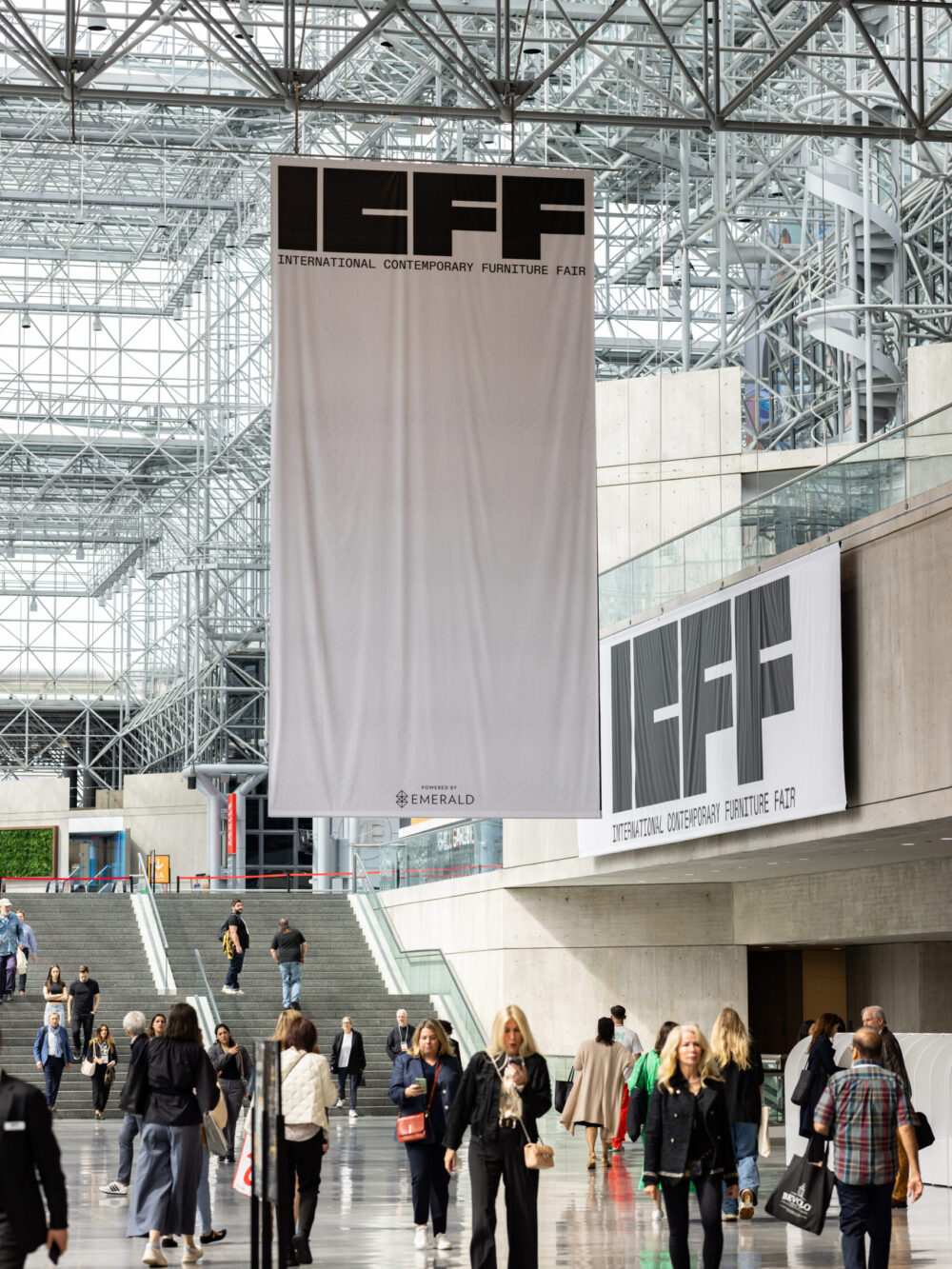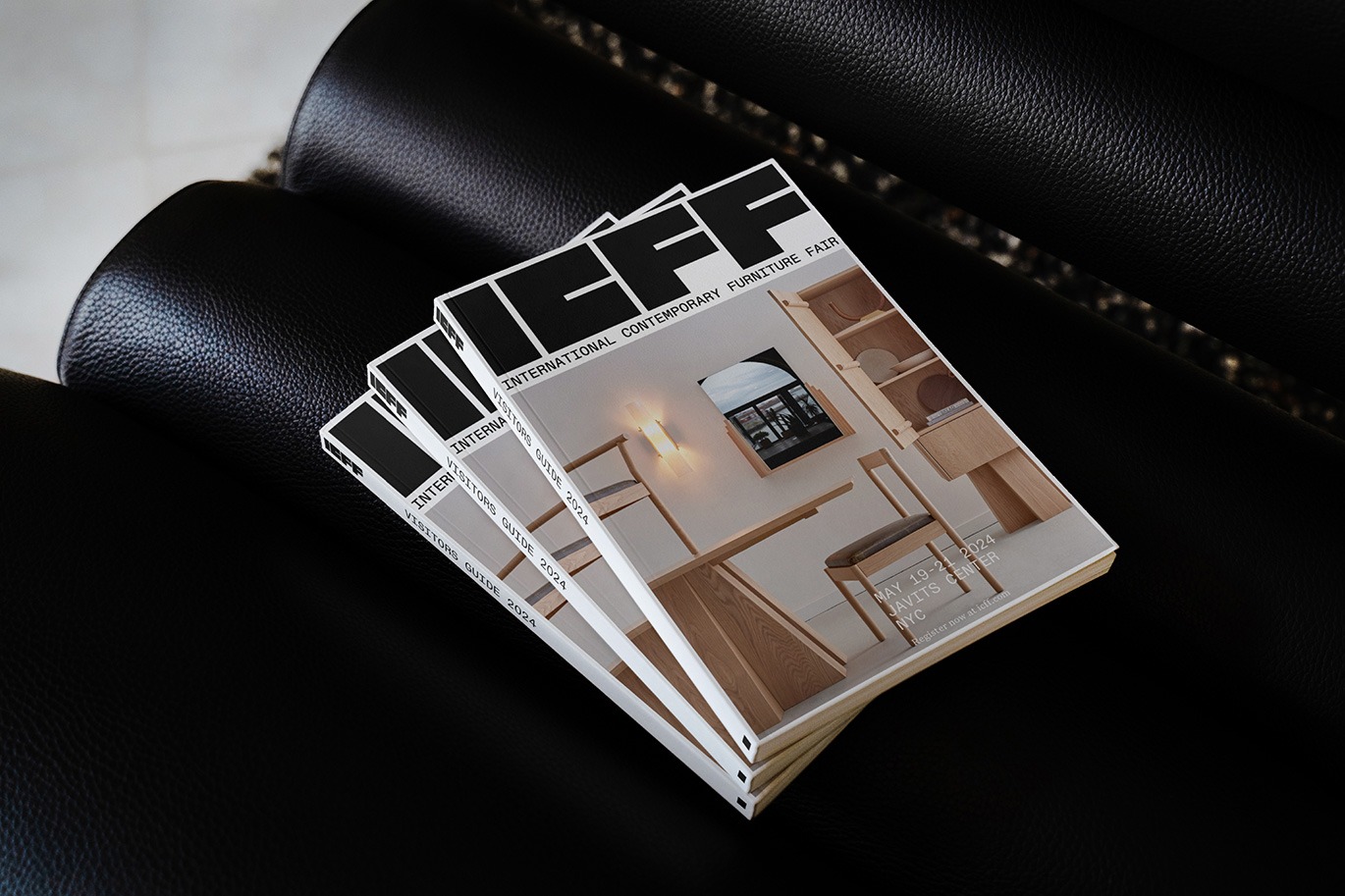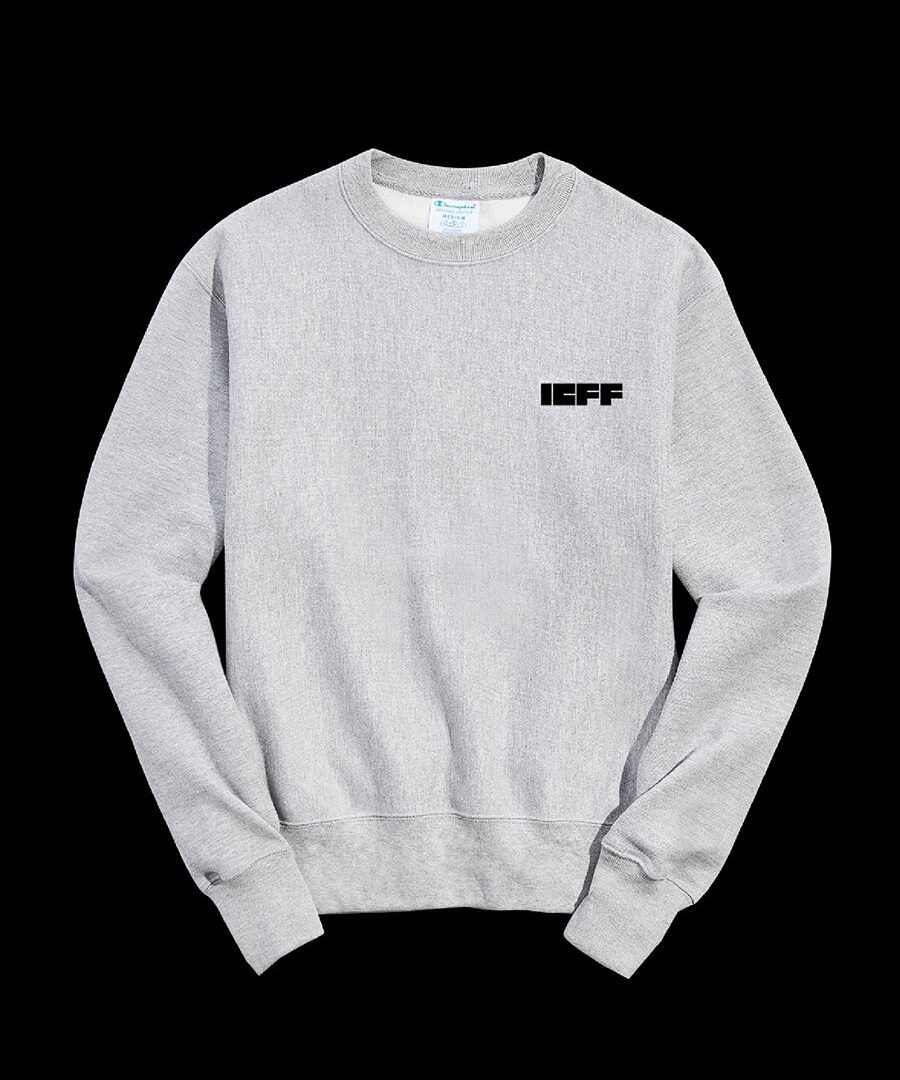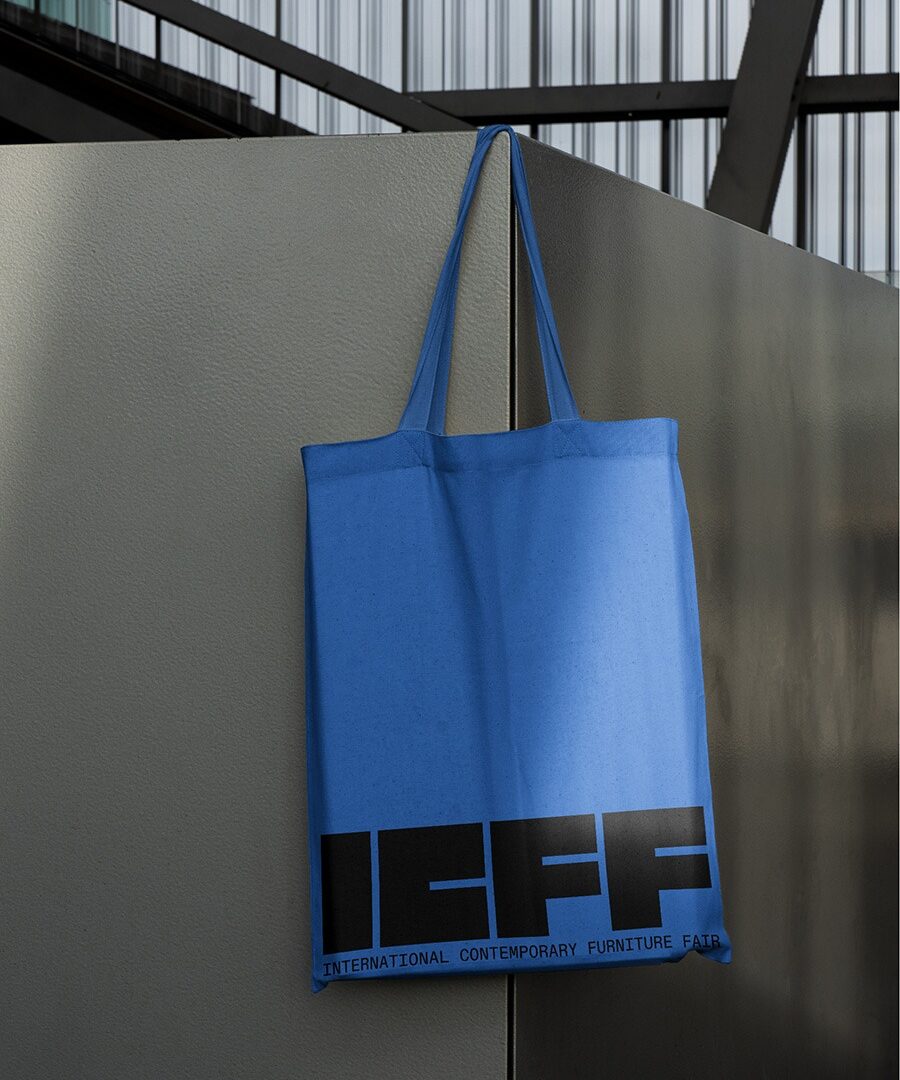The International Contemporary Furniture Fair (ICFF) directed by Odile Hainaut and Claire Pijoulat, has long stood as a beacon of innovation and creativity in the dynamic landscape of global design. Yet, even the most established platforms must evolve to keep pace with shifting market dynamics and the ever-expanding expectations of a discerning international audience. This imperative for growth and rejuvenation led ICFF to partner with Force Majeure for its profound branding design and art direction expertise. Together, they embarked on a strategic mission to infuse new life into ICFF, ensuring it continued to serve as a pivotal hub for the international design community from its vibrant home in New York.
The task was multifaceted: ICFF needed to reclaim the electric energy that marked its inception, stand out as a distinctive and memorable landmark within the fair space, and foster a more profound sense of community and engagement among its participants. Force Majeure developed a comprehensive strategy to achieve these goals, meticulously designed to resonate with ICFF’s core values while propelling the brand into its next chapter.
